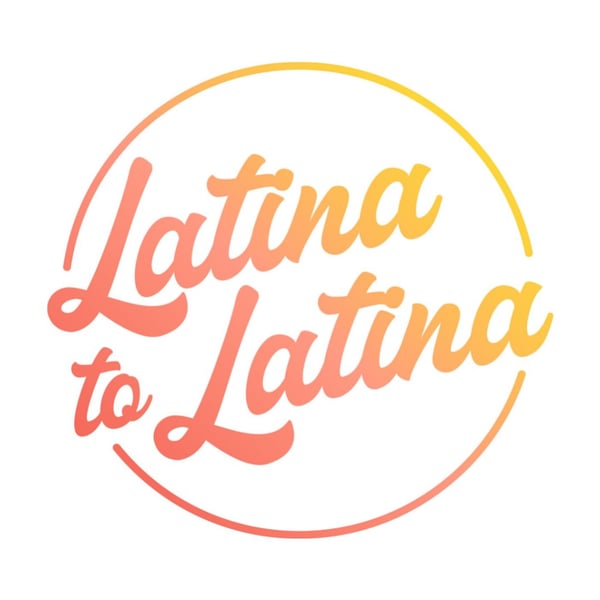How O Magazine’s Arianna Davis Made It, on Her Own Terms
Latina to Latina
LWC Studios
4.8 • 618 Ratings
🗓️ 21 December 2020
⏱️ 26 minutes
🧾️ Download transcript
Summary
Transcript
Click on a timestamp to play from that location
| 0:00.0 | A big part of this podcast is finding inspiration in the lives and journeys of other Latinas. |
| 0:15.4 | And that is exactly what Ariana Davis does in her new book, What Would Frida Do, A Guide to Living Boldly? |
| 0:22.2 | There's no doubt that Frida Callow is a good source for that inspiration, but Ariana is too. |
| 0:28.1 | We talk about the risky move that helped her get her foot in the door at O Magazine, |
| 0:32.2 | her decision to leave and then come back, and how you cultivate enduring relationships |
| 0:37.0 | when you work with some of the |
| 0:38.3 | most powerful women in media. |
| 0:45.7 | Ariana, you write, anyone yearning for a more creatively fulfilling life shouldn't strive to emulate or be |
| 0:53.1 | Frida. |
| 0:53.8 | The most impactful art is created when you tell |
| 0:57.0 | your own story. What is the story then that you would want to tell? For me, one of my goals and one of the |
| 1:04.1 | stories that I want to tell through my career as a journalist and a writer is inspiring other women, |
| 1:09.5 | and particularly women of color. And I think that that's my point here in drawing from Frida's life is not to say, here is a blueprint of how to live your life, but it's more, here's the story of a woman who lived her life boldly very far ahead of her time. And hopefully, just by reading her story and get to know her, you'll be inspired to live your own life, your own way, but boldly like Frida did. Let me ask it a different way, which is if you were telling your own story, where would you want that story to begin? I think it would start with being a little girl. I grew up in outside of Baltimore. My dad is black. My mom is Puerto Rican. So I grew up by racial. I grew up in the |
| 1:45.6 | suburbs around, you know, mostly white kids. I went to private school. And so identity for me was |
| 1:50.1 | always a very complicated thing, especially as a kid. And I was also a really shy kid. And I was the |
| 1:55.6 | kid who always had their nose in a book. So I think my story would probably start with being a little |
| 2:00.3 | girl and just finding |
| 2:02.4 | such solace and such escape in the pages of a book. And that's really what I think kick-started |
| 2:07.9 | my love of writing and reading and storytelling. And it would then kind of take me through this |
| 2:12.7 | journey of wanting to be a writer, going to Penn State and studying journalism, thinking that I had to go down the newspaper track because that was what was accessible at the time versus, like, magazines was what I really always wanted to do. But the world of magazines was so inaccessible. It was this glamorous world that only, to be frank, women who had access and privilege and could pay to, like, move to New York City |
| 2:34.3 | and intern and not make much money. But it was thanks to, I was a scholarship student at Penn State |
| 2:40.3 | and at a dinner that we had, the publisher of 17 magazine, spoke. And she gave this, like, |
... |
Please login to see the full transcript.
Disclaimer: The podcast and artwork embedded on this page are from LWC Studios, and are the property of its owner and not affiliated with or endorsed by Tapesearch.
Generated transcripts are the property of LWC Studios and are distributed freely under the Fair Use doctrine. Transcripts generated by Tapesearch are not guaranteed to be accurate.
Copyright © Tapesearch 2025.

